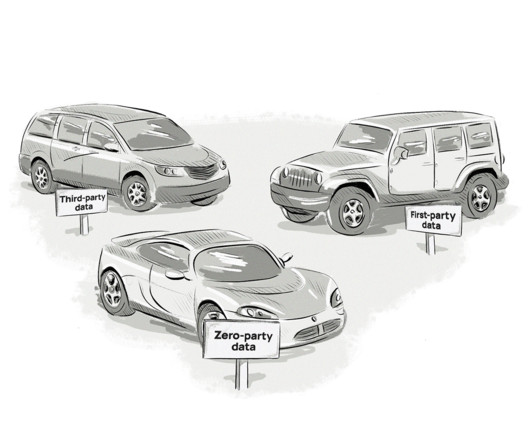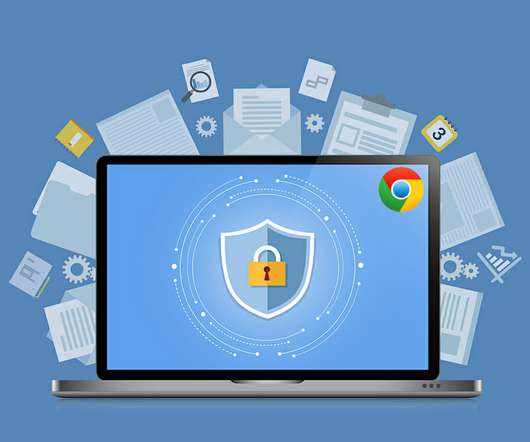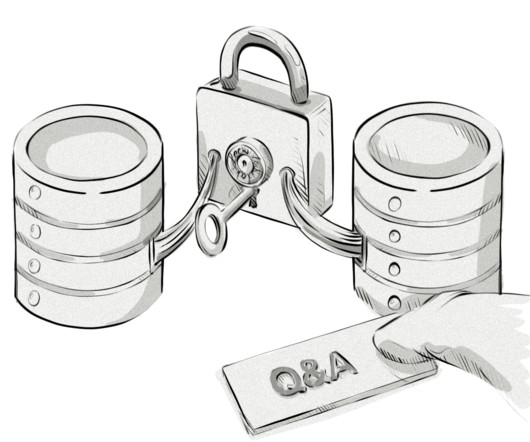The Demise of Third-Party Cookies in AdTech: Why Are They Being Phased Out?
Clearcode
JANUARY 26, 2023
They are mainly used for cross-site identification, which can then power programmatic advertising processes like audience targeting, retargeting, frequency capping, and measurement. There are 6 legal bases for collecting personal data as outlined in the GDPR. Table of Contents What Are Third-Party Cookies?

















Let's personalize your content